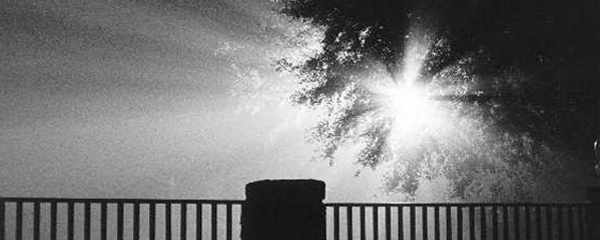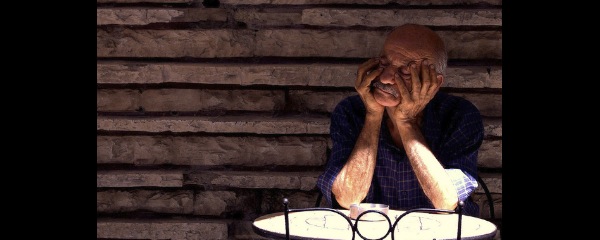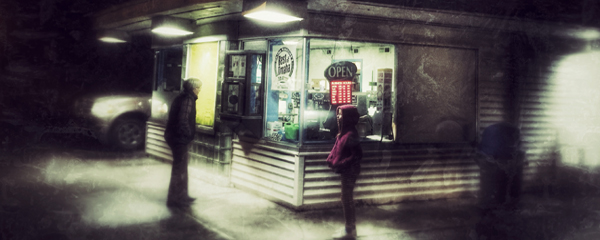PODCAST: In the first instalment of this series of Short Story Masterclass podcasts, JAC CATTANEO talks with award-winning author PETINA GAPPAH about method writing, addressing pain through stories, and the voices of a writer…
SANTINO PRINZI recommends Margaret Atwood’s flash fiction: ‘…perhaps not as celebrated but, like her novels and short stories, it resonates long after reading. Atwood’s flash doesn’t always contain a traditional narrative, but this doesn’t prevent her from telling us a story…’
ZOË APOSTOLIDES looks at the fearless short stories of Neil Smith: ‘They are biting, barbed and funny. They leave a lingering taste, though I can never decide if it is pleasant or horrifying…’
SOPHIA KIER-BYFIELD explores the unexpected connections of the 2016 Best British Short Stories: ‘One fine thematic thread that stitches seemingly incongruent narratives together is photography. That complex visual medium of the everyday, which often gets taken for granted, is cleverly worked into several of the stories as a way of exploring memory and fragile human relationships, both with the self and others…’
VICTORIA HEATH revels in the human truths of KJ Orr’s LIGHT BOX collection: ‘‘Disappearances’ has one such every day premise: a retired, yet highly regarded, plastic surgeon in Buenos Aires finds solace in a local café. But behind that unassuming front is an entrancing narrative that makes a connection with the reader on a very human level from the start…’
JUDY UPTON looks at the unforgettable stories of Flannery O’Connor: ‘Her understanding of the human condition makes it difficult to believe that the first of her stories in this collection was published when she was only twenty-one…’
RACHEL STEVENSON discovers how figurative language divulges meaning in Shirley Jackson’s ‘The Lottery’: ‘The box, representing both tradition and death, makes Jackson’s point clearly – to carry on with tradition and ritual equals death. This can be taken both literally, in the case of Tessie Hutchinson, the ‘winner’ of the Lottery, and figuratively, in the sense that if societies don’t move on, they will be wiped out by progress…’
NICOLA DALY looks at the life and short stories of Janet Frame: ‘Frame engages her audience by peppering the stories with both tragedy and humour and by using real characters and events to which the reader can relate…’
GARY BUDDEN and GEORGE SANDISON, the editors of Unsung Stories – publishers of literary and ambitious speculative fiction – share their tips on submitting to literary journals and magazines, and how to accept that dreaded rejection letter.
MIKE SMITH finds a pivotal turning point in Elizabeth Bowen’s Collected Stories: ‘I’m struck by a sense of Bowen’s trajectory being on a downward curve. Individual stories are strong, but the sense of an ending coming is stronger…’









